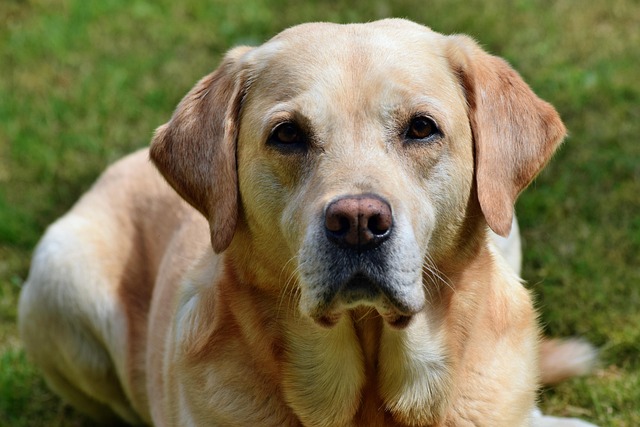
How can I tell if my dog's heatstroke is serious
Let’s be real: It’s a sticky August morning in Los Angeles, and you took your 2-year-old Golden Retriever, Max, for a walk a little later than usual
If your dog’s suddenly bouncing off the walls, chewing up your shoes, or barking non-stop, it’s easy to feel frustrated. But before you lose your mind, remember—dogs act crazy for a reason. Let’s break down what’s going on and how you can help your furry friend chill out.
First things first: energy. Most dogs need at least 30 minutes to an hour of exercise every day. A bored, pent-up pup is like a ticking time bomb. If your dog’s tearing through the house, try adding an extra walk or playing fetch in the yard. Just make sure you’re following local leash laws—even if your dog’s a good listener, many areas require leashes in public spaces. And if you’re hitting the dog park, keep an eye out for signs about size restrictions or vaccination requirements.
Next up: mental stimulation. Dogs aren’t just physical beings—they need their brains challenged too. Puzzle toys that dispense treats, hide-and-seek games, or simple obedience training sessions can work wonders. You’d be surprised how tired a dog gets from solving a food puzzle! Plus, teaching basic commands like “sit,” “stay,” and “come” isn’t just useful—it helps build trust between you and your pet. Just avoid using punishment-based training methods, which many vets and trainers agree can actually make behavior problems worse.

Now, let’s talk about health. Sometimes, “crazy” behavior might signal an underlying issue. If your dog’s acting out of character—restless, overly excited, or aggressive—schedule a vet checkup. Pain, anxiety, or even a simple ear infection can cause mood swings. And don’t forget about spaying or neutering! It can help calm down hormonal behaviors, especially in younger dogs. Just check local regulations—some areas offer low-cost clinics or even require it by law.
Another big factor? Socialization. A dog that’s not used to other people or animals might act out of fear or excitement. Gradually introduce your dog to new sights, sounds, and smells. Start with quiet environments and work your way up. But always respect other people’s boundaries—some folks aren’t comfortable around dogs, and that’s okay. And if your dog shows signs of aggression, don’t force interactions. Consider working with a professional trainer who understands local animal welfare guidelines.
Finally, consistency is key. Dogs thrive on routine. Feed them at the same times, take them out for potty breaks regularly, and stick to a sleep schedule. If you’re inconsistent with rules (like sometimes letting them on the couch but not others), it can confuse your dog and lead to more acting out. And remember—positive reinforcement goes a long way. Praise your dog when they do something right, give them treats, or offer belly rubs.
If you’ve tried everything and your dog’s still acting wild, don’t hesitate to reach out for help. Local animal shelters often offer behavior advice, and many trainers offer free consultations. Just make sure any professional you work with follows humane training practices. After all, the goal isn’t to “fix” your dog—it’s to understand them better and build a happier life together.

Let’s be real: It’s a sticky August morning in Los Angeles, and you took your 2-year-old Golden Retriever, Max, for a walk a little later than usual

You're enjoying a summer afternoon at the park when you notice your dog has stopped panting and appears disoriented - their gums are bright red

Let’s paint the picture: You’re in your Denver apartment, watching your 4-year-old Boston Terrier, Ruby, plop down mid-play session with her favorite toy

Many dog owners notice their pets nails seem shorter after regular walks,but how much does this daily activity actually help?The answer depends on where you walk—concrete sidewalks or asphalt streets gently file nails as a dog's paws hit the ground

Most dog owners notice their pup scooting across the carpet at some point, but few connect it to impacted anal glands. These small sacs near a dog’s rectum secrete a scent for marking territory

Most vets agree that regular dog teeth cleaning is key to avoiding painful dental issues later. For healthy adult dogs, a professional cleaning at the vet’s office every 12 to 18 months usually works well.